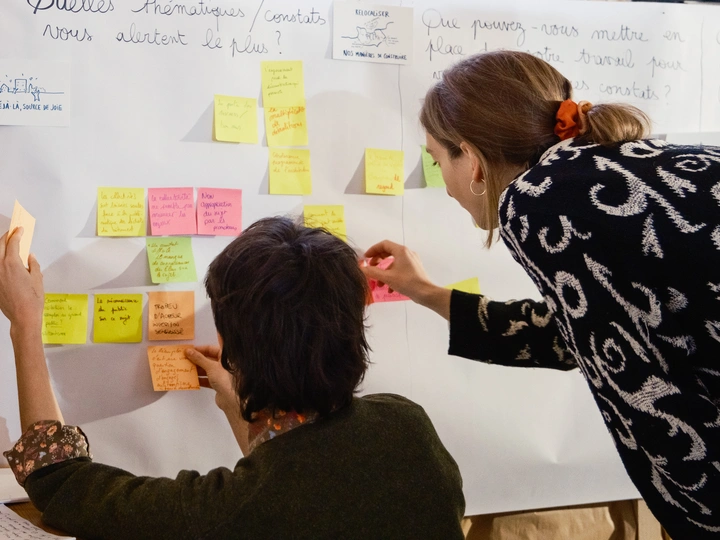Low carbon materials & thermal comfort

HOFTE Hannah
ESPITALIER Jérôme
GIRERD Margaux
CHAPON Marion
MORAU Marti
Atelier MARE is a transdisciplinary association founded in 2021. It works to promote Mediterranean landscapes, materials and constructive know-how, in response to the ecological challenges of the territory. It brings together architects, landscapers, photographers, carpenters and engineers around research, experimentation, design and transmission projects.
MARE has developed expertise in the integration of local materials and ancestral skills into contemporary resilient and ecological projects. Research and development ranges from the scale of the object to that of the landscape, including architecture and town planning.
Each member of the collective is specialized in a field and engages with others through collaborative work or during group formation. MARE is in a continuous transdisciplinary research approach to respond to complex subjects linked to ecological changes.
Current research projects:
- Reduce urban heat islands in Mediterranean cities. Research carried out in Arles (France) funded by the Ministry of Culture with the Maison de l’Architecture. Organization of workshops and urban walks
- Construction of dry stone structures and their uses for water systems in arid environments. Collaboration with the NGO Volubilis (France) and LAG de Brac (Croatia).
- Mapping and reuse of Marseille materials. Subsidy from the Order of Architects Provence (France) - Work also carried out in Caen in Normandy with Territoire Pionnier (France)
- Use of Mediterranean plant fibers in architecture, notably Arundo Donax for structural elements and straw for insulation. Case study and workshop in Toulon (France) and Barcelona (Spain)
- inventory of historic adobe architecture in Provence (France). Workshops and discovery walks organized to raise awareness among the general public
Local building materials have often disappeared from our designs. However, they are present in significant quantities in our environment in plant, mineral, or already transformed by man (reuse) forms.
Thermal comfort has undergone numerous developments through the use of abundant fossil fuels to heat and cool our living spaces.
Today, the limit of this system is near. We are moving towards post-carbon materials to create comfortable spaces that interact with the environment and are energy-efficient.
The MARE collective proposes to develop research in three stages: exploration, experimentation and prototyping. During each sequence, local artisans and residents will be called upon to share their knowledge about their territory and its evolution in a co-design process.
- Explorations: discovery and observation of the scope of action, definition of local resources, meeting with residents and artisans
- Experiments: search for solutions through prototyping and with public workshops accompanied by artisans
- Restitution: a time to finalize the work in the form of a walk and a round table with the different actors of the project
This methodology is used in the various MARE projects to link research to real problems facing residents - overheating in summer or cold in winter - invasive species - destruction of architecture or landscapes. One of the objectives of our work is to find forms of empowerment for residents by building a project framework together.
We have already carried out work in this approach with the public on the fight against heat islands by using historic cooling techniques in Arles. The atlas of Marseille materials pursues the same objective: to create a framework for research and awareness around the materials that make up the city in order to re-appropriate them by the inhabitants.